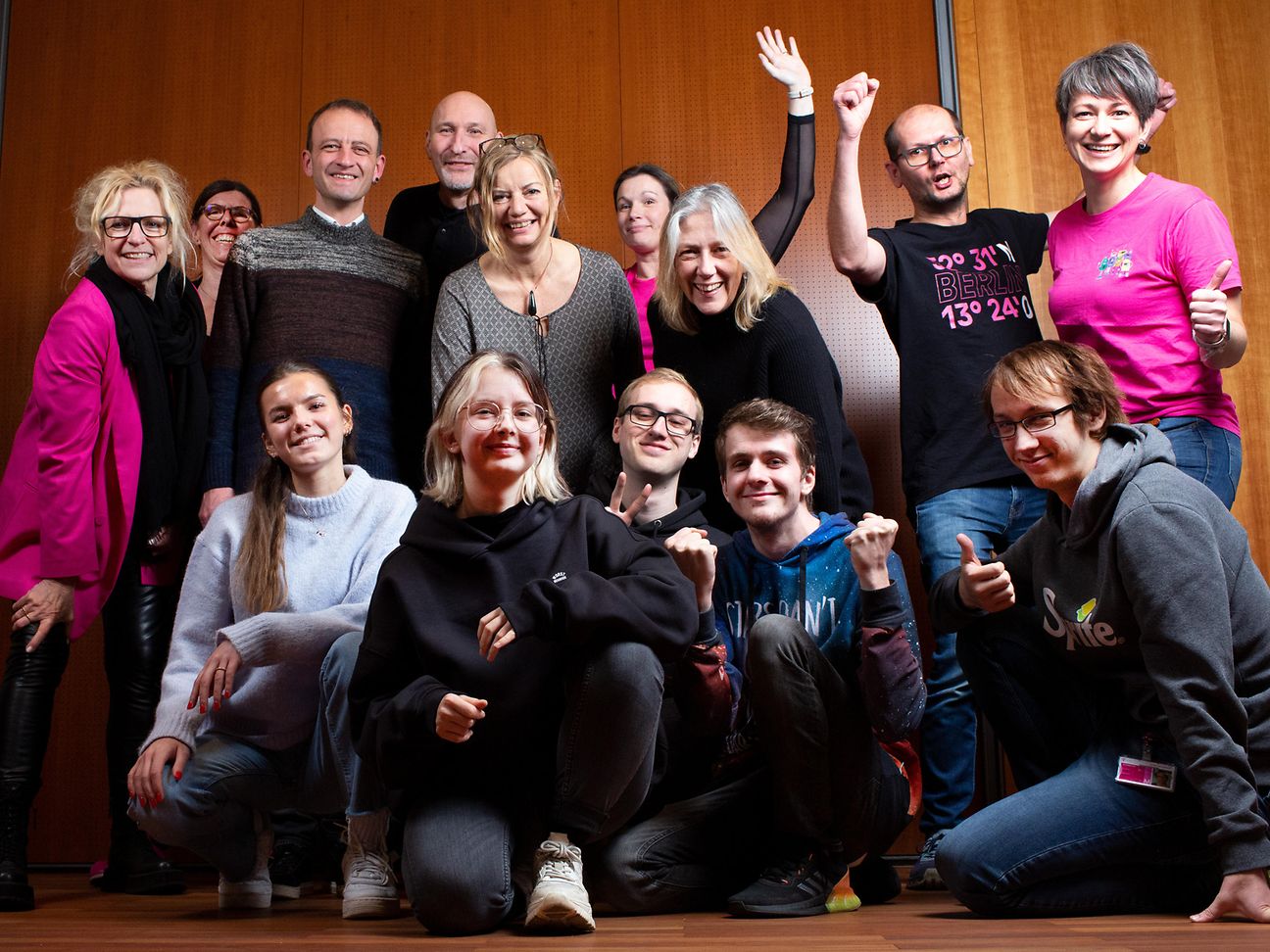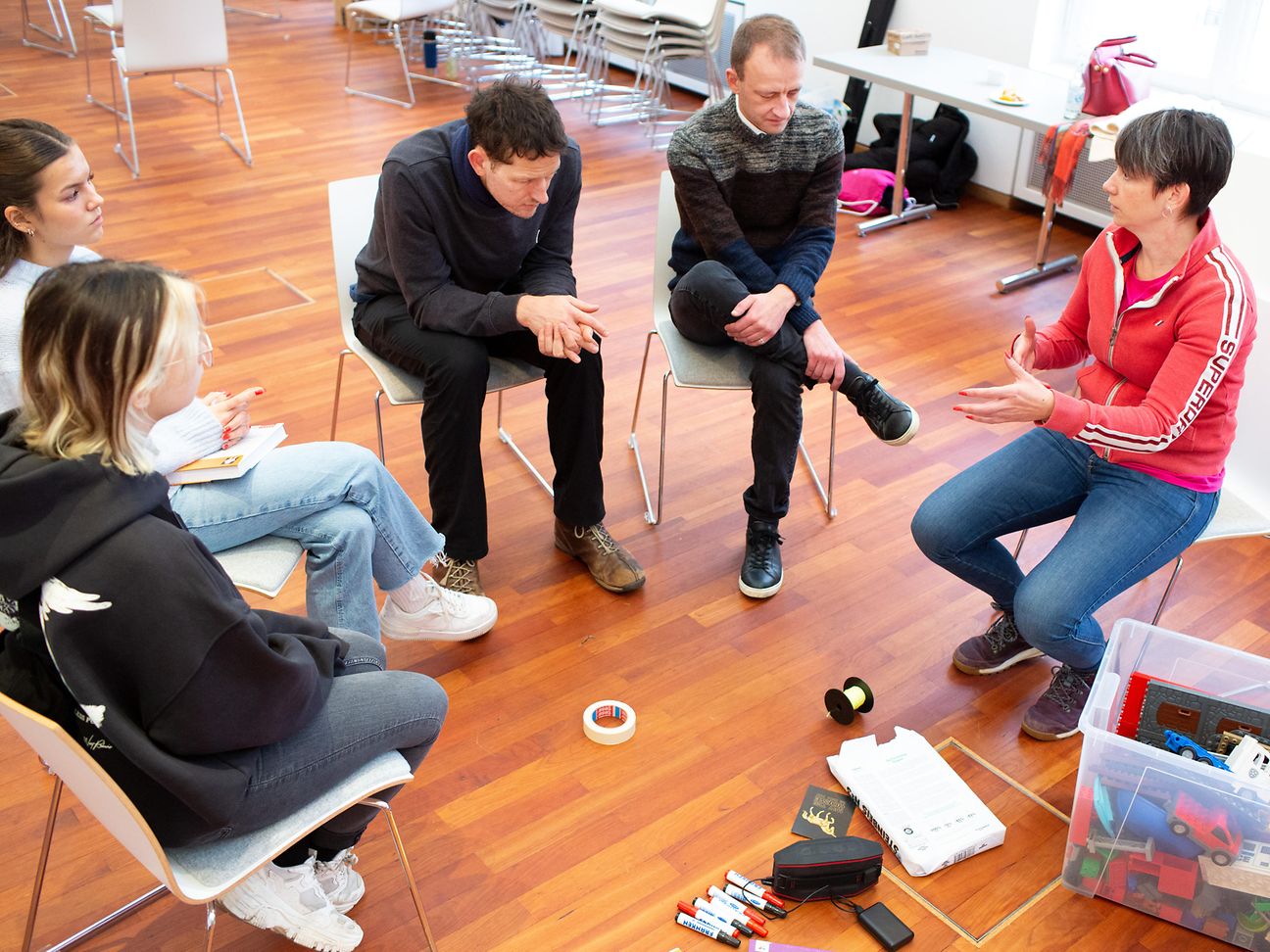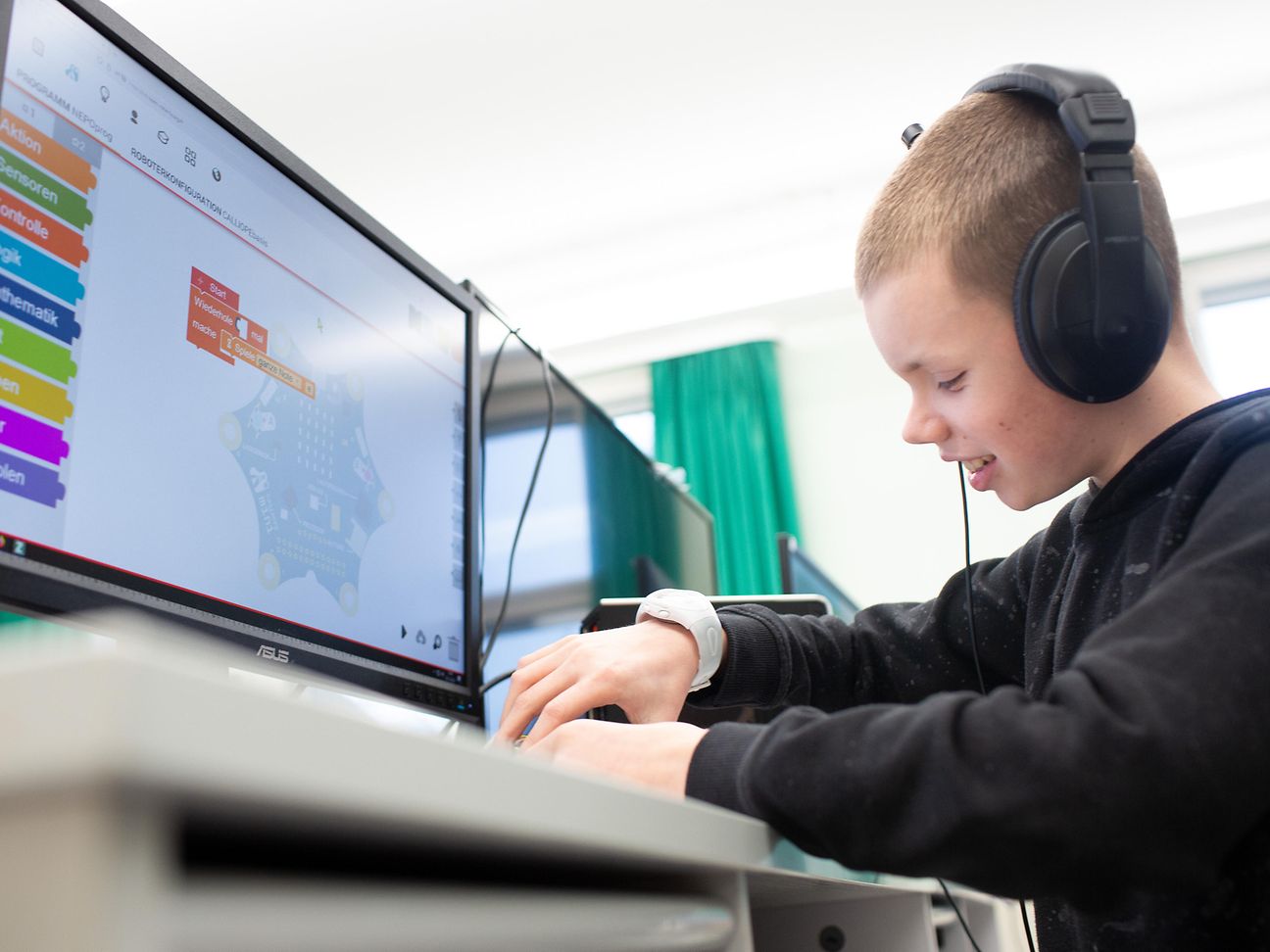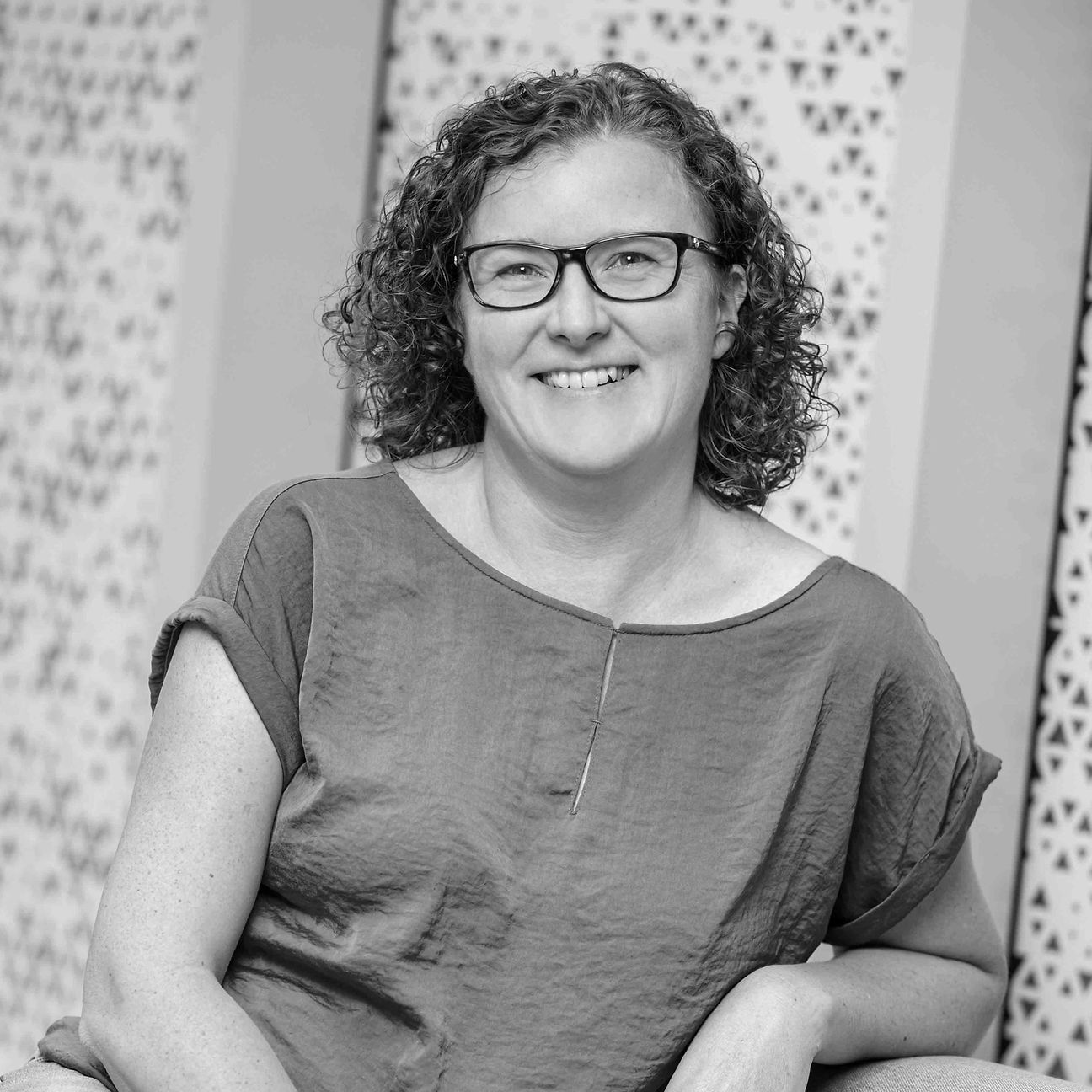

DIGITAL@School: “barrierefrei4Kids” makeathon on tour in Brandenburg
The aim of “Hallo Welt” – a small computer program – is to allow people to explore a new programming course in order to learn a selected programming language. This approach is often an incentive for newcomers to get acquainted with coding and programming. Even for those who cannot read or hear “Hallo Welt”. DIGITAL@School tested this in practice with visually-impaired children. Yvonne Köstler also took part and here’s her first-hand account.
Around 600 Deutsche Telekom employees across Germany are involved in the voluntary DIGITAL@School initiative. We endeavor to get children fit for the future and equip them to play active and independent roles in shaping the digital world. The DIGITAL@School Community not only thrills children and young people; it also delights adults as well. With and without “Hallo Welt”. This community volunteers in many areas associated with digitalization with the aim of getting everybody interested in this topic – with or without impairments. Of course, accessibility is guaranteed and this guarantee was put to the test.
Our motivation: Everyone together! And preferably in person!
The opportunity to organize a special day at the Marie-und-Hermann-Schmidt school, a school with a special needs focus on children with visual impairment in Königs Wusterhausen (Brandenburg) was a new challenge and something really special for all of us. As many digitalization topics are usually perceived and processed visually, we had to decide on special learning formats for the children with varying degrees of visual impairment before we were able to travel to Brandenburg with 10 Deutsche Telekom experts from across Germany.
First-hand experiences
Some of the experts in our community are colleagues who do a fantastic job at Deutsche Telekom despite having a physical impairment. A fantastic example here is Pierre Heim who spoke about his daily routine as a blind programmer. It’s amazing to see what is possible here and what he manages to do every day. An impairment also means I also rely on such help. However, this assistance means I can do my job like anybody else. But I take my hat off to Pierre! Once again, we saw that people with impairments are full of power, motivation, and ambition. Mountains are moved – something that is often unbelievable for unimpaired people.
Keep your eyes peeled! And speak to people who are affected!
It is often the case that people who can see and are not impaired don’t even ask themselves how people who are affected can also experience the journey into the future and towards digitalization and play an active role here. Therefore, the central question here was “how can we give visually-impaired children in the 4th to 6th grades the same or similar learning experiences as children without visual impairments?”
We designed the following workshop topics for the approx. 30 students at the Marie-und-Hermann-Schmidt school and the children were able to choose the workshop that they found the most appealing.
👉 Fun with robots (the world of dash robotics)
👉 Calliope, the cool microcontroller for programming
👉 Spotify – creating, understanding, and processing playlists
Theory meets practice in person – thrills galore!
All of the children at the Marie-und-Hermann-Schmidt school were extremely curious and enthusiastic when it came to digitalization topics. They were already beaming when we introduced our community and our intention to let them join in. Their level of joy and energy was just amazing to see. The children sobbed and whooped, told us about their individual experiences, hobbies, and day-to-day life. It was magnificent. It was as if there were no differences at all between the children who could see and those who couldn’t. The playful atmosphere was impressive: The children followed their natural curiosity and were able to gain experience in the digital world with small robots or brief programming sequences. And their respective visual impairment didn't play any role. In fact, their impairments were almost forgotten about for a short time.
A special kind of feedback
During the debrief, everyone had tears in their eyes. We were able to enjoy a wonderful time that will leave a lasting impression with fantastic young people who can achieve anything if they are given the chance. Thanks for that! Our intrinsic motivation and passion resulted in children with impairments being able to take part. We’re just at the beginning of our journey and we see so much potential for the future.



